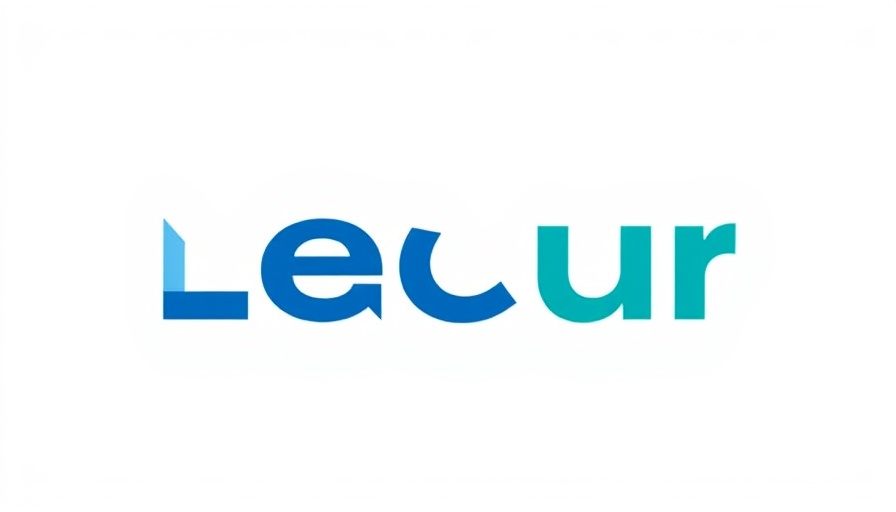
Scale-Up Con 2025: Bridging Global Founders Amidst Challenges
The landscape of entrepreneurship is rapidly evolving, reflecting a collective plea for unity and innovation in the face of crises that challenge traditional frameworks of business. Scale-Up Con 2025 emerges as a beacon for ambitious entrepreneurs—a fully virtual gathering designed to not merely share information but to forge deep connections and spur actionable insights. The conference invites global founders to engage in critical discussions about scaling their businesses while navigating real-world challenges.
The Importance of Strategic Scaling
The phrase "Where the World’s Founders Meet to Scale" encapsulates not just a mission but a necessity for business leaders today. As the economy continues to shift, founders need more than just inspiration; they require precise strategies in areas such as financial readiness and storytelling to communicate their vision effectively. The event's agenda revolves around four key pillars of sustainable growth—strategic clarity, financial readiness, mindset shifts, and powerful storytelling—producing a framework catered for today's volatile marketplace.
Dynamic Speakers Bring Experience to the Forefront
Scale-Up Con 2025 boasts a lineup of dynamic speakers, each an expert in their respective fields, ready to share hard-earned lessons from their entrepreneurial journeys. Among them is Nicholas Thiede, whose extensive experience across companies like CloudRadar and eBay underscores the importance of strategic thinking in achieving scalability. His insights will illuminate the pathways for founders to tackle both the challenges of initial traction and the complexities of multi-market expansion.
Future of Entrepreneurship: Virtual Solutions or Gaps?
The evolution of virtual events symbolizes a shift in how businesses operate globally, erasing geographical limitations. This year's virtual format equitably levels the playing field for entrepreneurs in underdeveloped regions, offering them access to the same expertise and resources as those in more affluent areas. However, the shift also raises questions about the potential for digital isolation and whether meaningful connections can be forged without face-to-face interactions.
Invitation to Action: Why You Should Attend Scale-Up Con 2025
Attending Scale-Up Con 2025 is not merely about gathering information; it's an opportunity to be part of a global conversation. Participating in this event positions you at the nexus of groundbreaking ideas and approaches while connecting you with fellow founders who share similar aspirations. The unexpected guest speaker is anticipated to bring fresh perspectives that might just disrupt conventional wisdom and spark new ideas that could challenge the norm.
The Human Element: From Isolation to Community
The transition to virtual networking must not neglect the emotional aspects of entrepreneurship. Founders often experience feelings of isolation as they navigate the tumultuous waters of scaling their businesses. Scale-Up Con 2025 addresses these emotions head-on by promoting community-building as a core tenet of the event. Attendees will leave not just with knowledge but with a renewed sense of belonging, empowering them to face their challenges with fresh vigor.
Conclusion: Transforming Insights into Impact
As ambitious entrepreneurs embark on the unpredictable journey of growth and transformation, Scale-Up Con 2025 serves as a crucial meeting point for ideas, collaboration, and inspiration. The event champions the vision of creating a more interconnected community of founders who are equipped to enact real change. Engage with your peers, empower your business strategies, and take action to transform insights gained at Scale-Up Con into tangible results. Register now to be part of this transformative experience.
 Add Row
Add Row  Add
Add 




Write A Comment